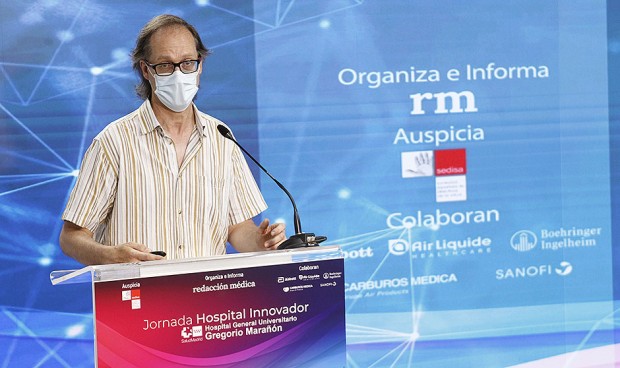
COVID-19 Sequencing in Spain
Gregorio Marañón hospital in Madrid becomes the reference centre in Spain for COVID-19 sequencing
A small group of researchers from the Gregorio Marañón Hospital in Madrid has been instrumental in helping to detect the different Covid-19 mutations in Spain. Thanks to the efforts of this center, where almost 4,000 cases of coronavirus variants have already been sequenced, just over 10 percent of those analyzes nationwide, it was possible to identify the first cases of British, Brazilian and Indian variants in Spain.
Reason enough for the protagonists of these milestones to be “quite satisfied with the tracking capacity we have,” as acknowledged by Darío García, researcher at the Microbiology and Infectious Diseases Department of Gregorio Marañón.
García went on to explained the main challenges they have faced. The first of these is that the professionals of the Microbiology Service are accustomed to sequencing bacteria that has millions of nucleotides, while those of the Covid-19 barely reach 30,000. The coronavirus is like a newborn, which implies that it has not had time to grow and this makes it difficult to differentiate one strain from another”.
“This forces us to perform complete genome sequencing and detect any small differences between the samples,” explained the researcher during a recent seminar. “The complexity of this last process lies in the need to have computer processing capacity close to hospitals”.
Reference center in Spain for Covid-19 sequencing
But Gregorio Marañón learnt quickly and has gained muscle during the pandemic, which has allowed it to become the reference center in Spain for Covid-19 sequencing. In this sense, the second great challenge has been “not only to be powerful and fast in our work, but to use that information in the best possible way in global, local and hospital environments.”
“When there is a suspicion of a variant, we confirm and report it within 72 hours. Speed is essential because we can quickly inform the Public Health Services who can then recommend adopting specific measures such as longer quarantines and a more exhaustive tracking of these cases to stop their expansion in the Community of Madrid and Spain.”
Finally Garcia outlined that: “Looking to the future, the great challenge for Gregorio Marañón is to make its microbiological capabilities one of the main pillars of the hospital by incorporating members of staff from other departments.”
Leave a reply




Leave a reply